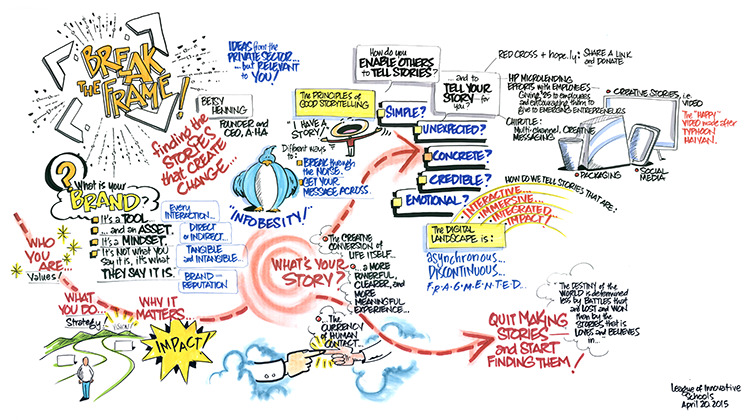Holistic School Wellness: Nurturing Student Health

Fostering Holistic School Wellness: A Blueprint for Student Health
Ensuring the well-being of students extends beyond academics; it encompasses their physical, mental, and emotional health. In this comprehensive guide, we’ll explore the key components of holistic school wellness, providing a blueprint for nurturing the overall health and flourishing of students.
Physical Health Initiatives: Active Bodies, Active Minds
Physical health is the cornerstone of holistic school wellness. Implementing initiatives such as regular physical education classes, extracurricular sports, and outdoor activities promotes physical fitness. Active bodies not only contribute to overall health but also have a positive impact on cognitive function and academic performance.
Nutritional Education: Fueling Minds for Optimal Learning
School wellness education should prioritize nutritional knowledge and habits. Offering nutritious school meals, educating students about balanced diets, and creating a healthy food environment contribute to overall well-being. A well-nourished body supports concentration, energy levels, and the ability to engage effectively in the learning process.
Mental Health Support: Creating a Nurturing Environment
A holistic approach to school wellness acknowledges the importance of mental health. Implementing counseling services, awareness programs, and fostering a supportive environment reduces the stigma around mental health issues. Nurturing students’ emotional well-being creates a conducive atmosphere for effective learning and personal development.
Physical Environment: Safe and Supportive Spaces
The physical environment plays a crucial role in school wellness. Ensuring safe and supportive spaces, including well-maintained classrooms, recreational areas, and green spaces, contributes to the overall well-being of students. A positive physical environment fosters a sense of security and promotes a positive mindset.
Health Education Curriculum: Empowering Students with Knowledge
Incorporating a comprehensive health education curriculum equips students with essential life skills. Topics such as personal hygiene, stress management, and healthy relationships empower students to make informed decisions about their well-being. A robust health education program lays the foundation
